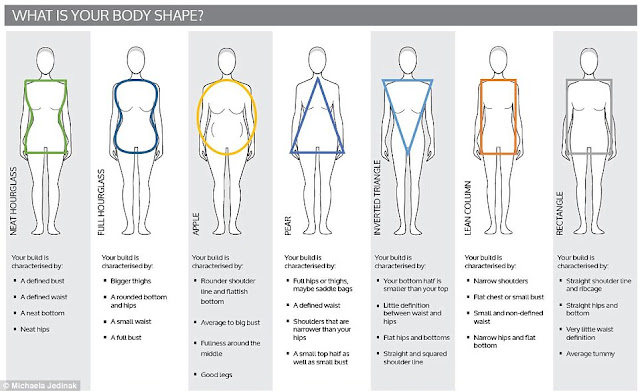Gene associated to unexplained female infertility recognized
Scientists have not yet been able to recognize the cause of the problem in an expected 10 to 15 per cent of couples with infertility and 50 per cent of women with recurring pregnancy loss. The study revealed that women who lacked the gene called Nlrp2 had a spectrum of negative reproductive outcomes counting recurrent loss of pregnancies with abnormally developing placentas, loss of the embryo previous to implantation, or, more seldom, having a baby with developmental disabilities.
The investigators conveyed that when male mice lacked the gene, there was no impact on fertility or offspring. Lead author Sangeetha Mahadevan, a postdoctoral fellow at Baylor College of Medicine in Texas, US has also conveyed that, women carrying these mutations are healthy in all other physical aspects, so they are unaware that they have these mutations that do not permit them to carry a pregnancy.
When the females lacking the Nlrp2 gene mated, three diverse types of outcomes were observed — some did not get pregnant, others had stillborn pups with abnormalities and a third group of females gave birth to live pups of usual appearance, but fewer per litter. Some of the pups were smaller or larger than probable.
Mahadevan has also further conveyed adding that implications for in vitro fertilisation. It is significant to recognise that there will be women who may not be candidates for this process because their embryos would be unable to grow in culture as a result of the females carrying these mutations in NLRP genes.




Comments
Post a Comment